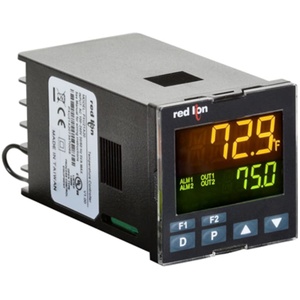Introduction to PID Controller Price
A PID (Proportional-Integral-Derivative) controller is an essential component in various industrial automation systems. It aids in maintaining the desired output from a process variable by continuously calculating an error value and applying corrections based on proportional, integral, and derivative terms. However, when considering a PID controller, understanding the PID controller price is crucial for budgeting and decision-making.
Types of PID Controllers and Their Impact on Price
The PID controller price can vary significantly based on the type of controller selected. Here are some common types:
- Analog PID Controllers: Traditional models that offer cost efficiency but may have limited features. These are generally cheaper.
- Digital PID Controllers: Feature a digital display and advanced programming options, often leading to a higher price tag.
- Smart PID Controllers: These controllers use algorithms to optimize performance, and often justify a higher price due to enhanced capabilities.
- Specialized PID Controllers: Tailored for specific industries like HVAC or process control, these can range widely in price depending on customization.
Applications and Their Influence on PID Controller Price
The PID controller price can also be affected by its application across various industries. Understanding these applications can help in assessing the value of the controller:
- Manufacturing: In automation and process control, PID controllers are integral, often leading to investment in higher-priced models with more advanced features.
- HVAC Systems: Used for temperature control, these controllers can vary in price based on the complexity and efficiency needs.
- Robotics: In robotics, precision plays a key role, making high-performance PID controllers more costly.
- Food Processing: Safety and compliance drive the need for reliable control systems, impacting the investment required for quality PID controllers.
Features That Determine PID Controller Price
When assessing PID controller price, it's essential to consider the features that can impact its cost. Different features can provide varying levels of control and automation:
- Controller Complexity: More complex controllers with advanced features such as auto-tuning processes typically hold a higher price.
- Connectivity Options: Controllers that offer network connectivity, such as Ethernet or Wi-Fi, can significantly increase the price due to their enhanced capabilities.
- Display Type: Digital displays with touch capabilities often cost more compared to simple LED displays.
- Multivariable Control: Controllers designed to handle multiple inputs and outputs at once are generally more expensive due to their sophisticated technology.






















































































































































































